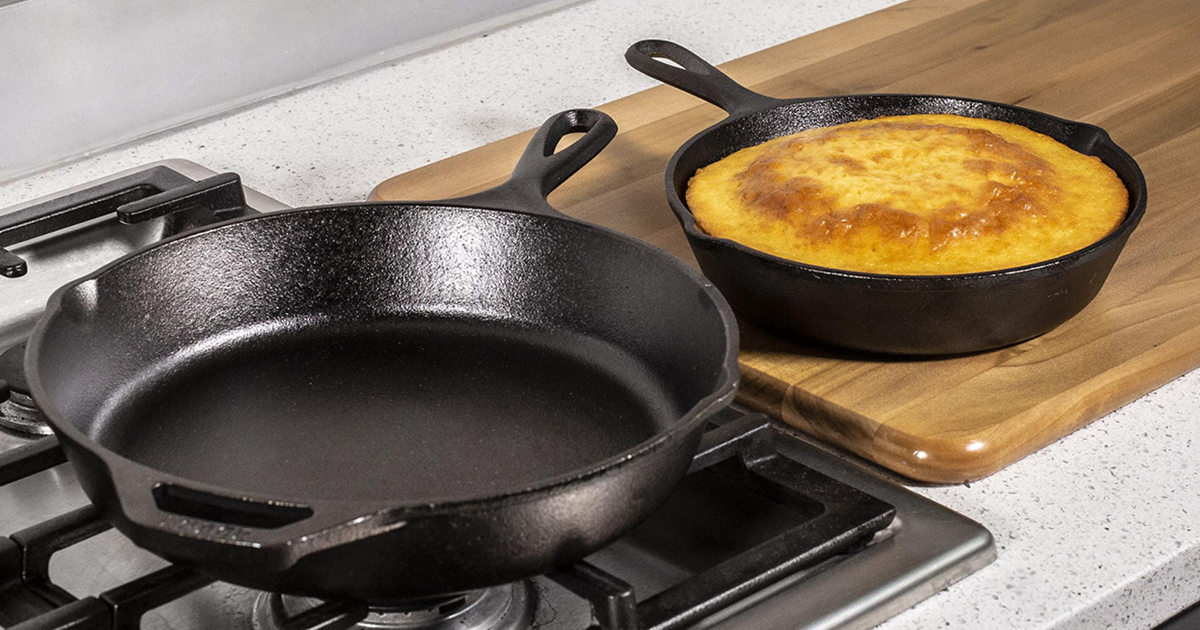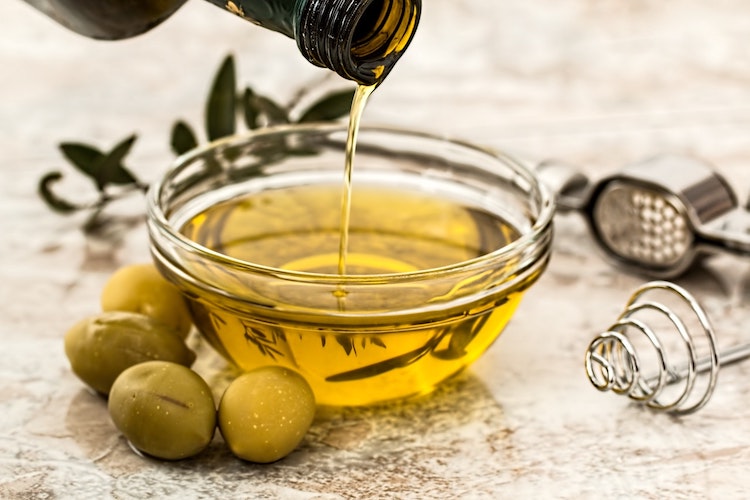For any kitchen professional, dealing with cast iron cookware can be both a rewarding and perplexing experience. When using these durable pans, one question often arises: why does my cast iron smoke so much? This article will delve into the surprising reasons behind this phenomenon, ensuring you're equipped with the knowledge to tackle it effectively.
The moment you heat your cast iron skillet, a sizzle may accompany the smoke, which can be alarming. Cast iron is known for its heat retention and ability to create a perfect sear on meats and vegetables. However, if you notice excessive smoke, it may indicate several underlying issues. Let's turn to a detailed exploration of the shocking reasons why cast iron cookware can produce so much smoke.

Understanding the Basics of Cast Iron Cookware
Before diving deep into the reasons behind the smoking, its essential to appreciate what makes cast iron cookware so remarkable. Cast iron pans are highly sought after for their ability to heat evenly and retain heat for a long time, which is particularly advantageous for professional chefs. The ability to go from stovetop to oven makes them incredibly versatile in both cooking and baking.
Why Does My Cast Iron Smoke So Much?
Several factors can lead to excessive smoking from your beloved cast iron. Lets explore some common reasons:
1. Improper Seasoning
One primary culprit of smoke can often be traced back to improper seasoning. For those not familiar, seasoning is the process of preparing the surface of cast iron to create a non-stick layer. If you see excessive smoke, it could be due to:
- Old, burnt seasoning that is breaking down and burning off.
- Excess oil used during seasoning, creating a sticky and smoky residue.
2. Using the Wrong Cooking Oil
Kitchen professionals know that not all oils are created equal when it comes to high-temperature cooking. Oils with low smoke points, such as olive oil or butter, can lead to excess smoke when heated in a cast iron pan. Opt for oils with higher smoke points, like grapeseed oil or avocado oil, for a clean cooking experience.
3. Cooking at High Temperatures
While cast iron pans thrive on high heat, there is a threshold that should not be crossed. Exceeding the pan's limit can lead to a fiery smoke that fills the air. Understand your equipment and adjust the heat accordingly to keep smoke levels low.
4. Food Residue and Build-up
Another significant factor is the presence of food residue from previous cooking sessions. If not cleaned thoroughly, remnants can burn and generate smoke. Regular cleaning is essential. For guidance on cleaning, you can check out this article: How to Clean Cast Iron.
How to Mitigate the Smoking Issue
Understanding the reasons behind the smoke is only the first step. Here are some tips to mitigate the problem effectively:
1. Properly Season Your Pan
Ensure to season your cast iron correctly. If you need help with this process, you can refer to Keeping Cast Iron Seasoned.
2. Choose Cooking Oils Wisely
Select a cooking oil that has a high smoke point. Examples include canola oil, peanut oil, or refined grape seed oil. This choice will help prevent smoking significantly.
3. Monitor Your Cooking Temperature
Keep a close eye on the heat. Use a moderate flame and gradually increase the heat until you reach the desired cooking temperature.
4. Maintain Cleanliness
Make it a habit to clean your pans immediately after use. The less food residue, the less likely your pan will smoke. In case of major residue, you can follow Stripping Cast Iron Without Cleaner.
When it's Time to Say Goodbye
Although cast iron can last a lifetime with proper care, it may reach a point where its better to retire it. If your cast iron is excessively warped, cracked, or has significant buildup that can't be rectified, replacement may be necessary.

FAQs About Cast Iron Smoking
-
Why does my cast iron smoke when I cook bacon?
Excessive fat from bacon can cause the smoke; consider using a high-smoke point oil to reduce this. -
Can I use soap on my cast iron skillet?
While it's generally not recommended, using a small amount of mild soap occasionally is acceptable to clean leftover residues. -
What if my cast iron has a sticky surface?
For sticky cast iron, re-season it properly or use techniques like stripping to restore it; check out Why is My Cast Iron Sticky.
In conclusion, understanding why does my cast iron smoke so much and taking steps to manage it can significantly improve your cooking experience. Armed with these tips and knowledge, you can have your cast iron working at its peak without any smoky surprises.
This article contains affiliate links. We may earn a commission at no extra cost to you.






Leave a comment
This site is protected by hCaptcha and the hCaptcha Privacy Policy and Terms of Service apply.